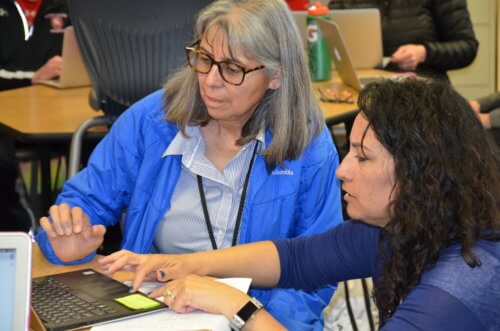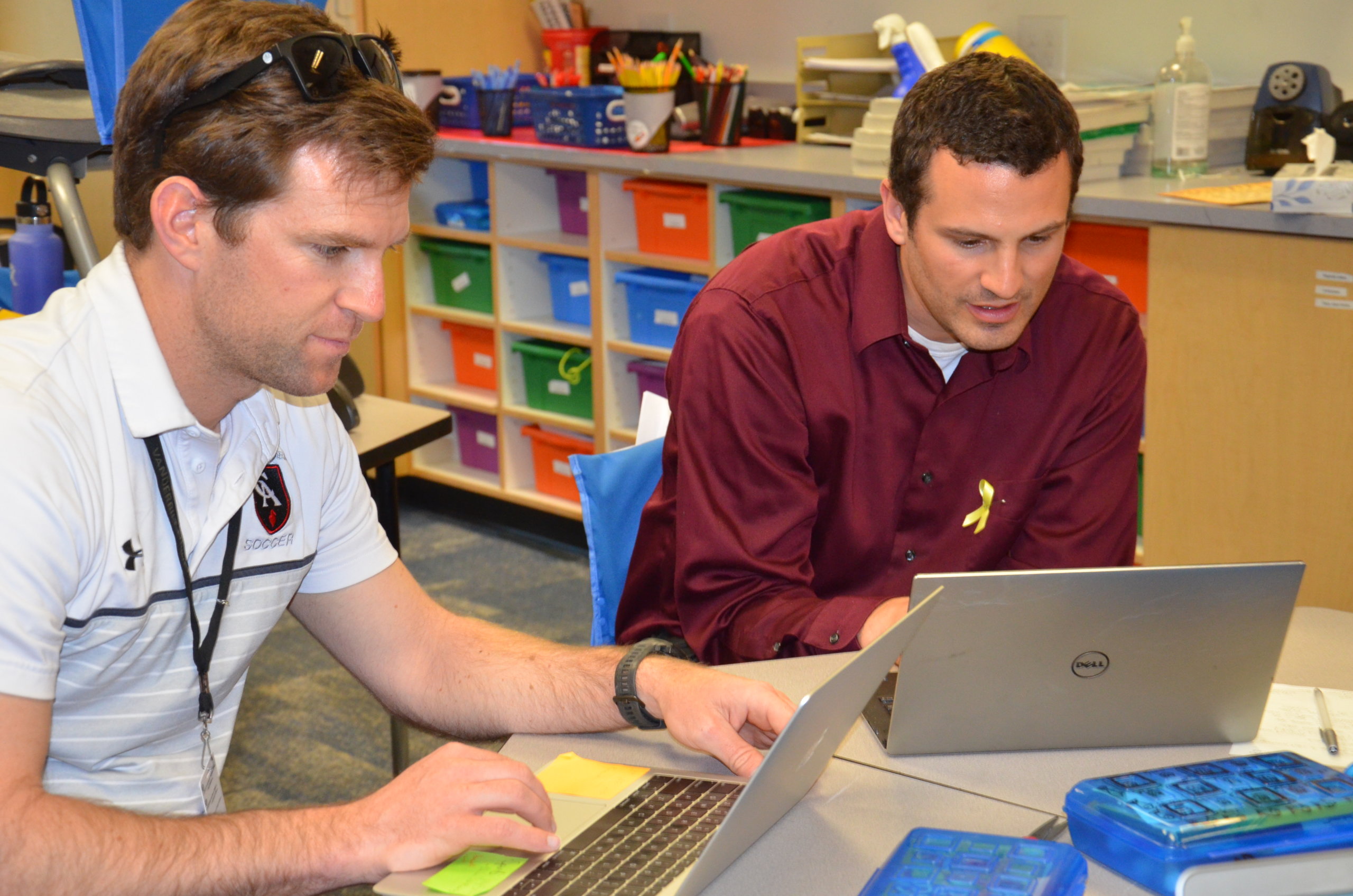A few years into my teaching career, a crisis at my school propelled me to become a school leader. When I took over running a high school, I was prepared for the academic side of the job, but a host of other challenges soon emerged: disciplinary matters, student mental health issues, faculty accountability, parent engagement, school excellence, and student safety.
When I made the transition to Head of School at Colorado Academy over a decade ago, I learned even more about subjects like finances, fundraising, human resources, and strategic visioning. These are the skills more commonly found in a CEO of a business with a $28 million operating budget and more than 200 employees.
While we are vigilant at CA about potential infectious diseases, and we encourage families and employees to be proactive about everything from early childhood vaccines (we have a 99 percent vaccination rate) to annual flu shots, the Coronavirus has presented tremendous and constantly changing challenges for school leaders. Our proactive response is actually rooted in the very same problem-solving and thinking process that we teach our students: The Six Cs.
The Six Cs At Work
At CA, we talk a lot about the Six Cs. Specifically, these are six 21st century skills that are central to any CA student’s learning: critical thinking and problem solving, creativity, collaboration, communication, cultural competence, and character. As an administrative team, we have relied on the Six Cs to help navigate this very complex situation.
Critical Thinking and Problem Solving: One of the most important skills we teach our students is how to process information and solve problems. When the world community became more aware of the crisis in Wuhan, China, many school leaders began to think about its impact on the United States. Johns Hopkins Center for Systems Science and Science Engineering produced a compelling interactive map that shows the spread of the virus.
It is just one of many pieces of data to consider. Other organizations like the U.S. Centers for Disease Control and Prevention and the World Health Organization are providing helpful and reliable information. Unsubstantiated reports on social media and conflicting news reports pushed all leaders to be skeptical and discerning consumers of information as they try to make the best decisions for public health. Still, a single road map for how to approach this health crisis does not exist.
Creativity: Watching schools around the world close to prevent the spread of the virus, Colorado Academy began to think of what we would do as an institution if one among us tested positive for COVID-19. We are committed to continuing student learning, and the possibility of an extended closure led us to quickly figure out ways to provide virtual learning. We explored different platforms and how using those platforms looks very different from one discipline to another and from one age to another. For example, how might a Lower School P.E. class be offered online as opposed to an Upper School science lab? We contracted with a company to provide a virtual platform and prepared to quickly move to online learning. Then, we moved to provide teacher training. Despite the newness of how it might work, our faculty is demonstrating amazing flexibility, creative thinking, and a very good sense of humor.
Collaboration: I am so grateful for the leadership of the principals team as we think through the many implications of COVID-19 for our school. Our Chief Financial Officer has thought through our employment policies. Our Director of Operations and GM of Sodexo Food Service have both thought about how we can do an even better job than we already do to keep surfaces in classrooms, the Dining Hall, and public spaces extra clean. We meet regularly, working through new questions that come up daily due to the changing nature of COVID-19. Throughout our process, our goal has been to protect the health of our community while continuing services to our students.

Communication: In our classrooms, we focus on helping students improve their communication skills. I am so grateful to our Assistant Head of School for External Affairs as she helps keep our community informed about this virus. Although we have tried to maintain “business as usual,” students are naturally inquisitive about what they are hearing in the news. Teachers have been on the front lines, answering questions and helping remind students of the very simple hygiene steps they can take to reduce the spread of COVID-19, as well as other more common seasonal ailments like the flu or the common cold. Our goal is to approach communication rationally, not speculate, and not be reactionary to something that we are only beginning to understand.
Cultural Competence: Our goal is to compassionately approach this health issue and its impact on all humans. From the outset, we have used this as a learning opportunity to talk about the interconnected nature of our world and to teach how some groups of people, by virtue of the way they look or their country of origin, can so quickly and irrationally become a target of negativity. Although China employed heavy-handed approaches in trying to stop the transmission in that country, many experts note that global cooperation will be critical. To be sure, a short-term suspension of international travel is a common-sense solution. But, the hope is that the global community will realize how important it is to work together to protect all humans—regardless of race and ethnicity—from future pandemics.
Character: Ethical considerations have loomed large in my mind as we make decisions to keep our community safe. And, I don’t just mean the CA community, but our local Denver and Colorado communities, as well as our nation and world. We have had to make hard decisions to cancel or postpone some international travel and exchange programs, as we don’t want to risk the health of visiting students. Thank you for your flexibility as we safeguard the general well-being of all members of our community. This includes members of our community who may be more vulnerable to COVID-19. I ask that we put the larger public health above self-interest.
It is likely that no other event since 9/11 has had the broad-reaching and day-to-day impact on our lives that COVID-19 presents. Rest assured that there is much thought and deliberation that goes into each decision, weighing the impact on students and family, faculty, and staff.
What I know is that we are all learning a great deal about many different aspects of preparedness, and we will emerge even more knowledgeable about how to serve our students when facing the complex problems of today’s world.
